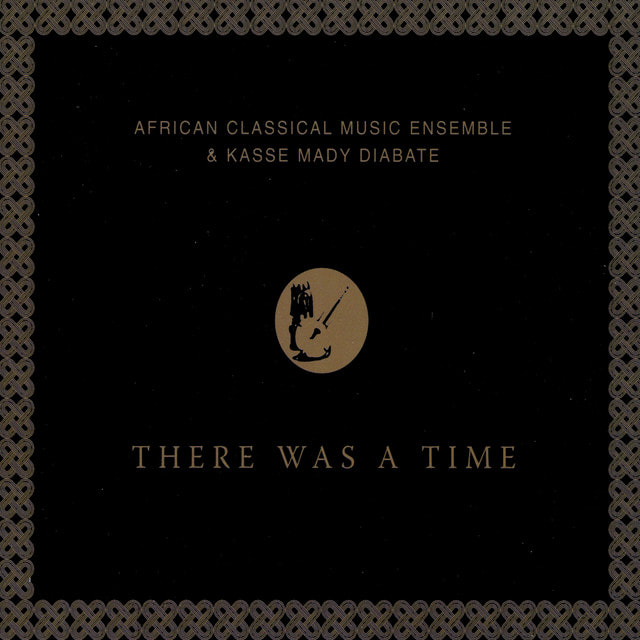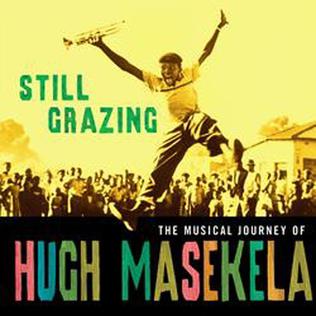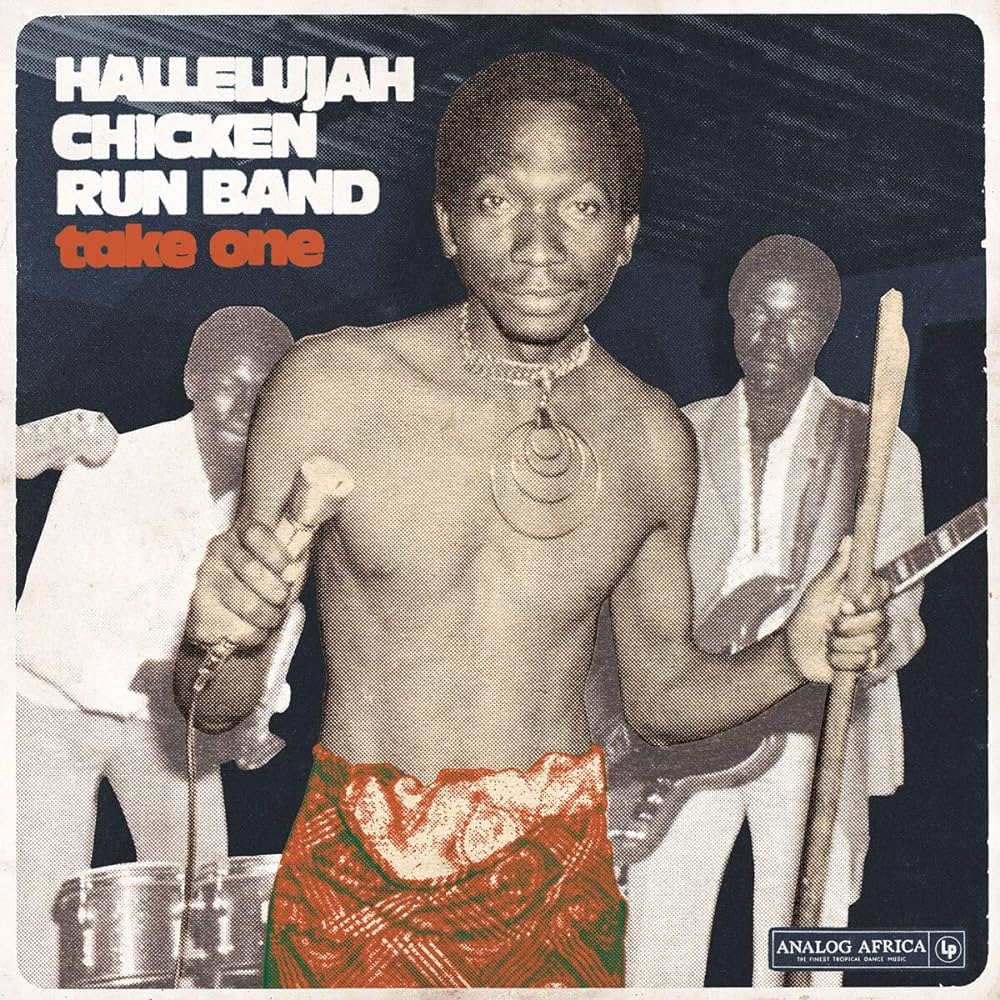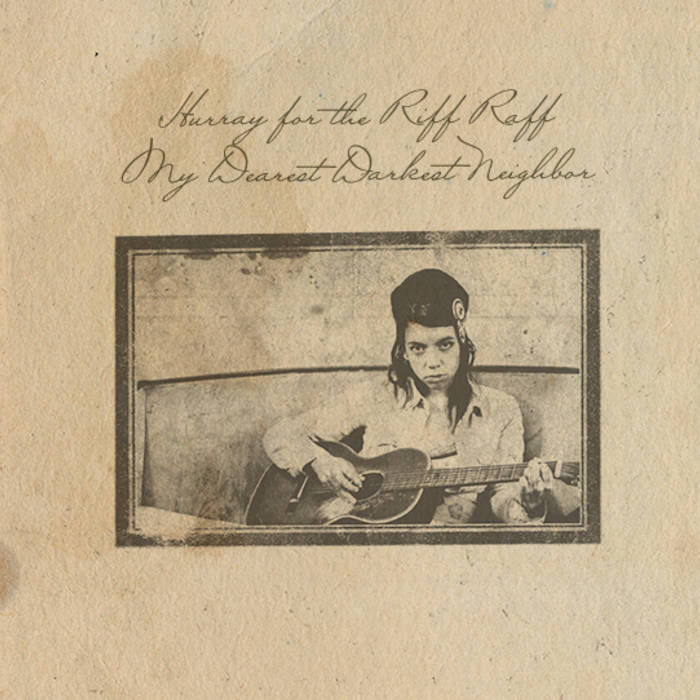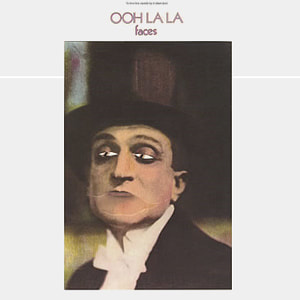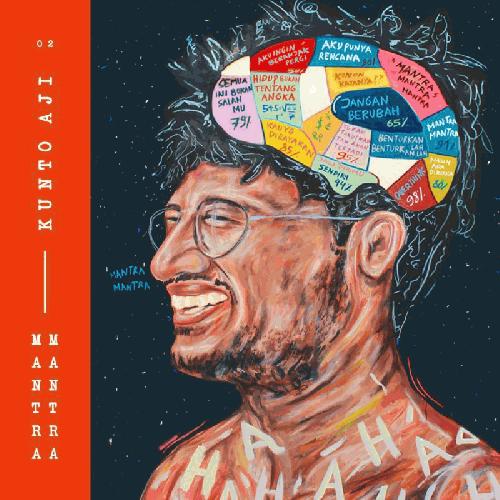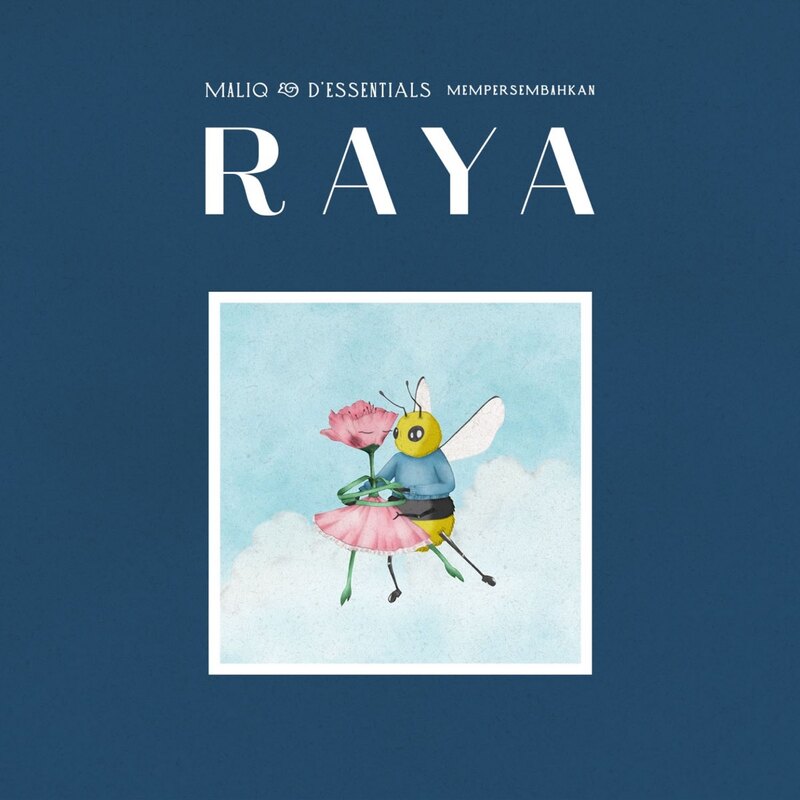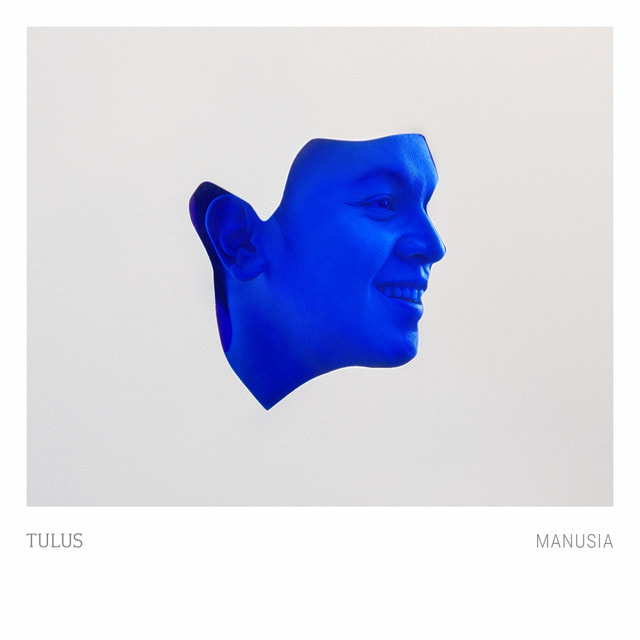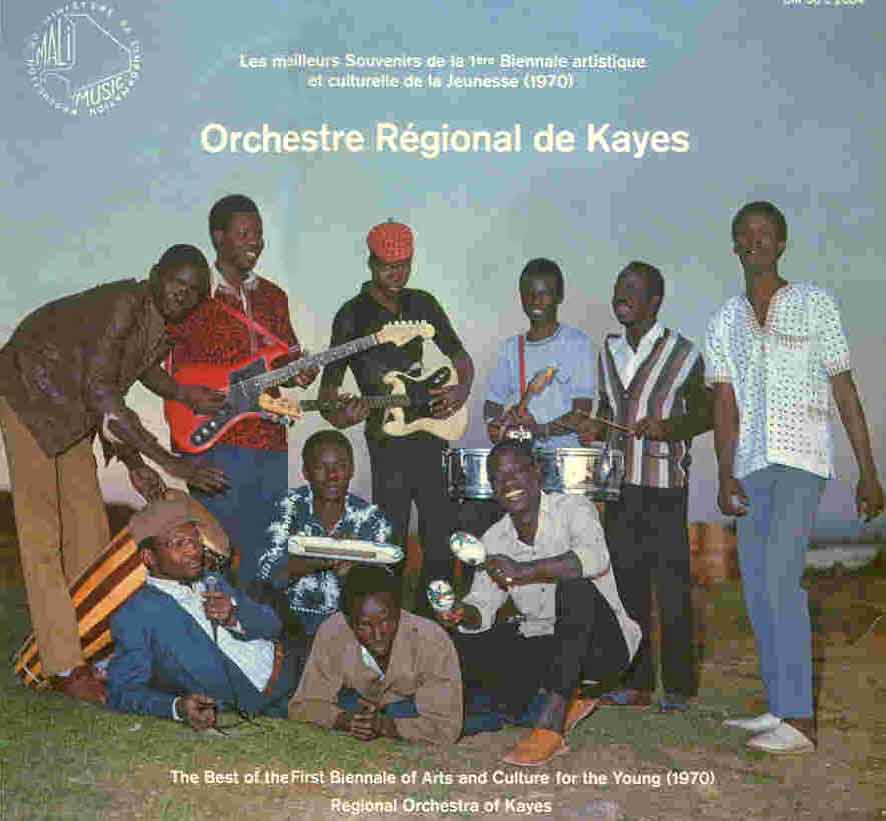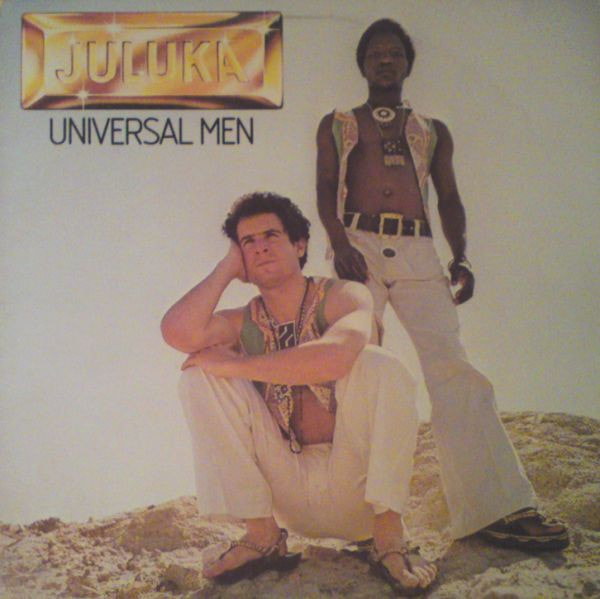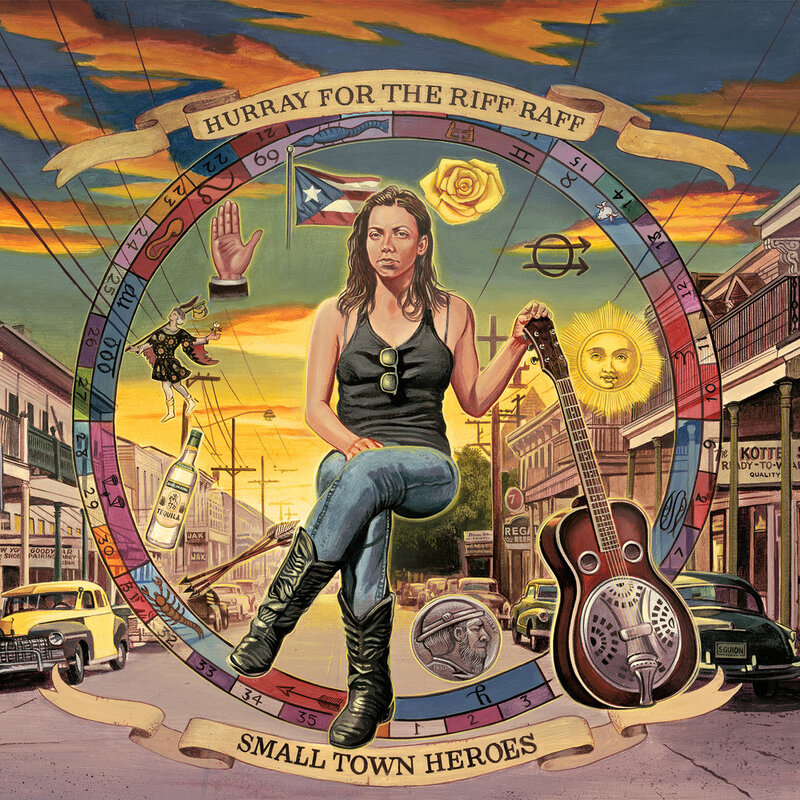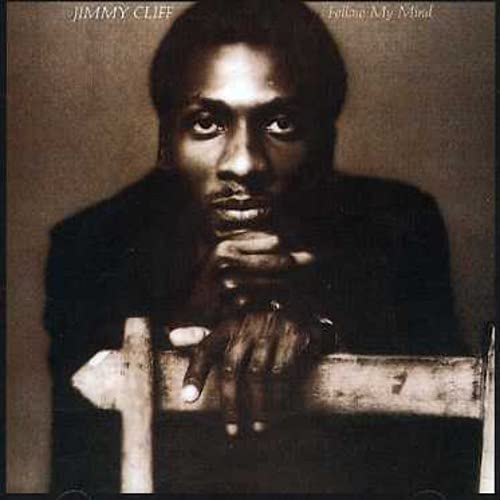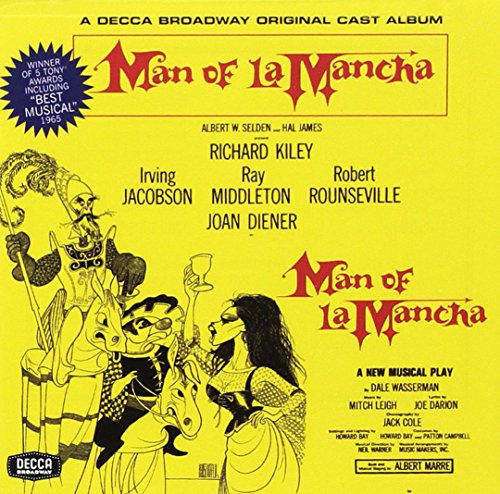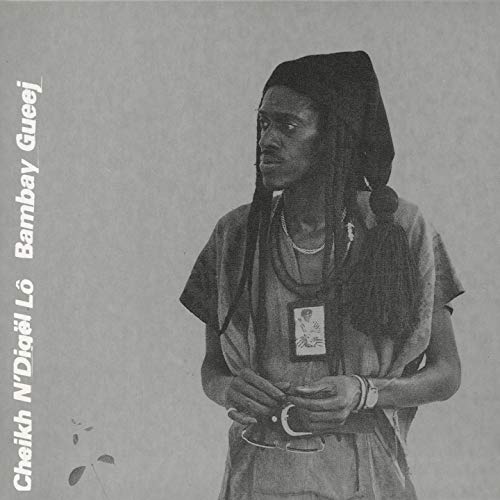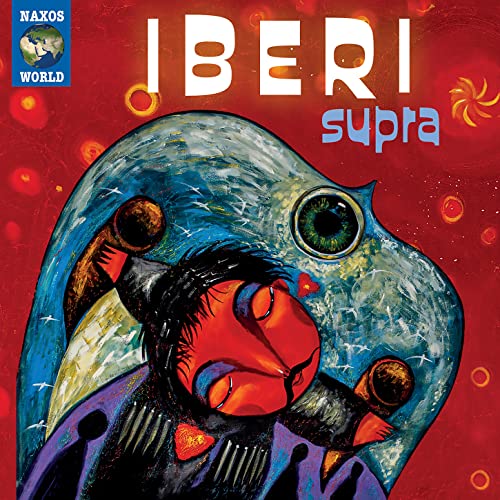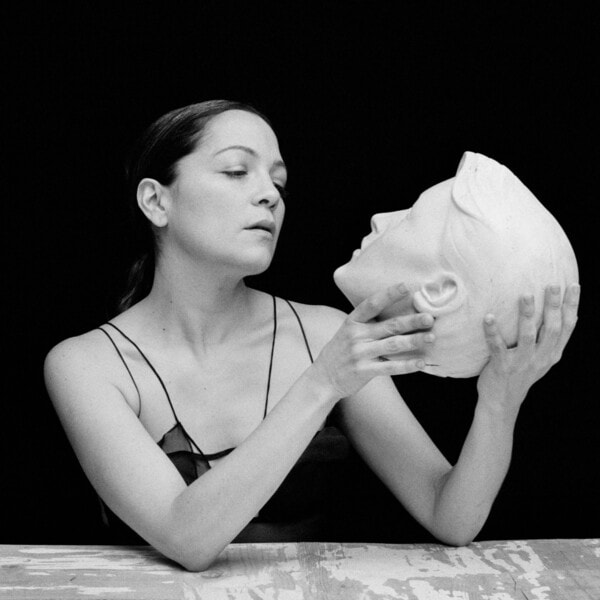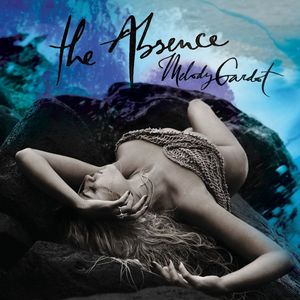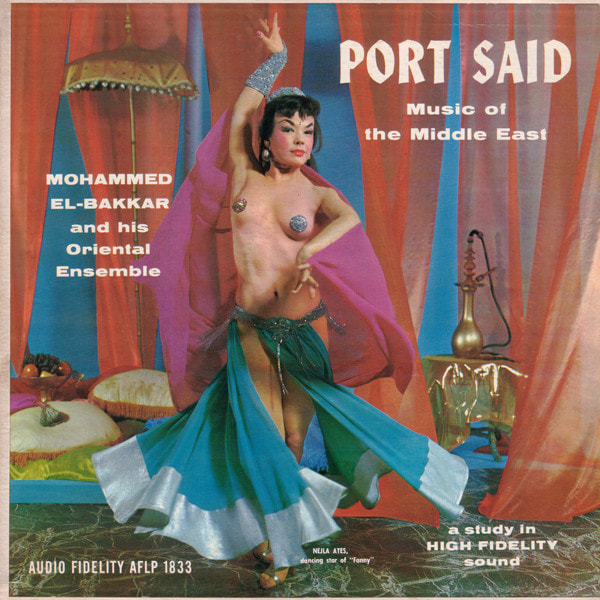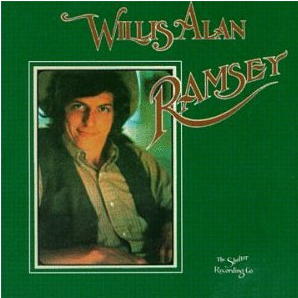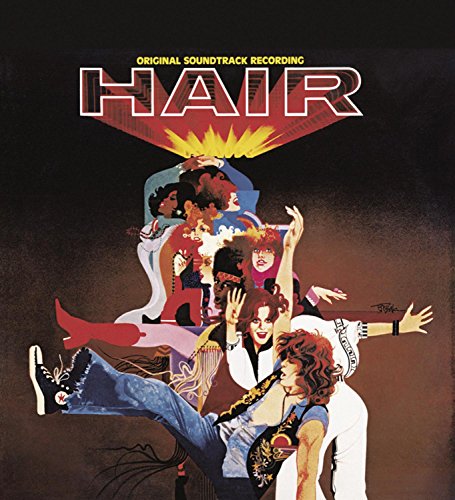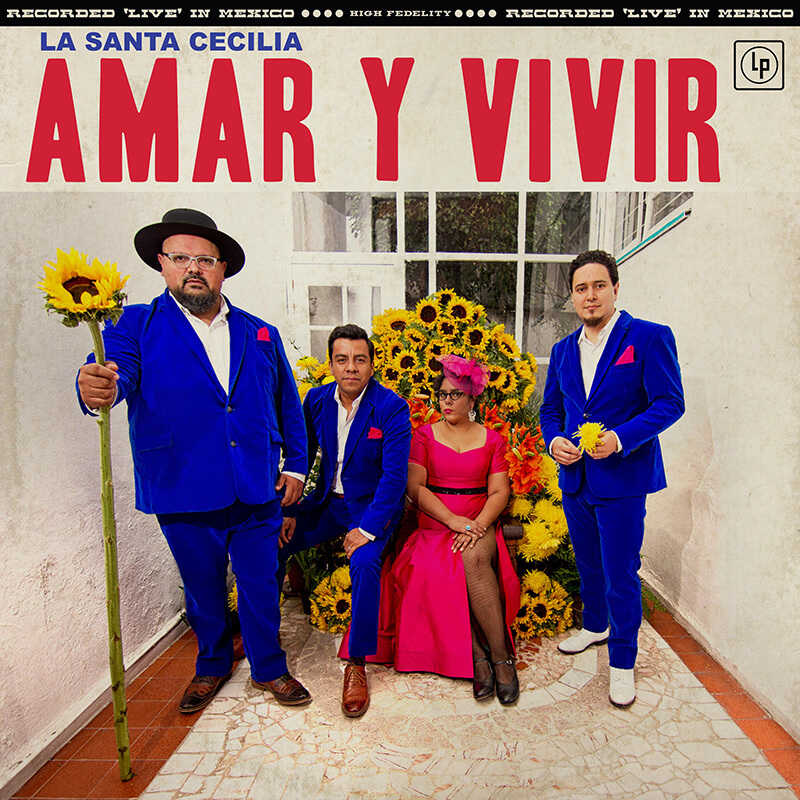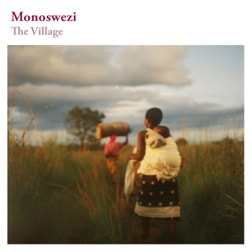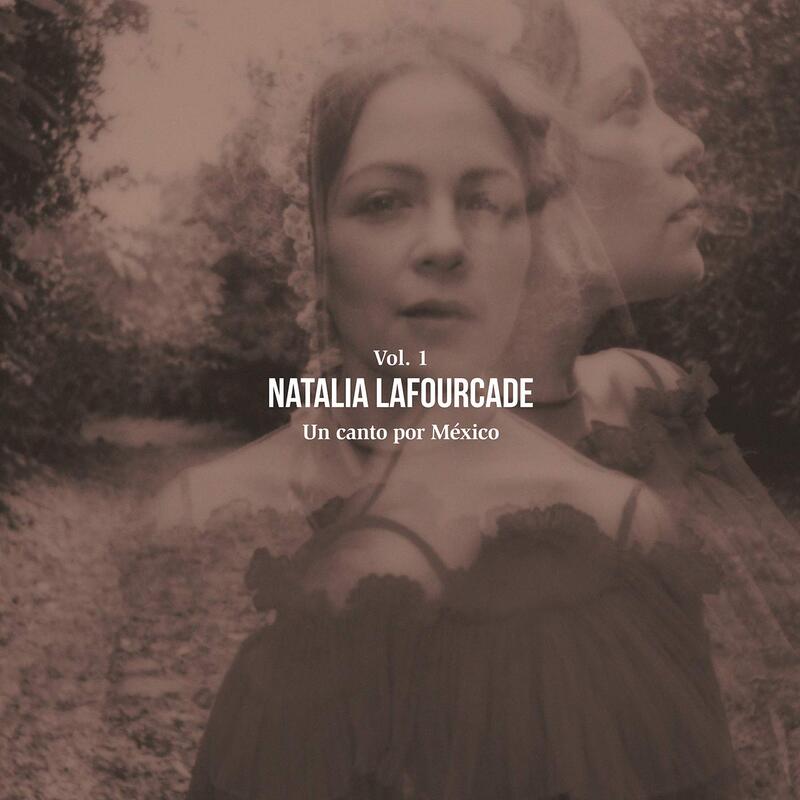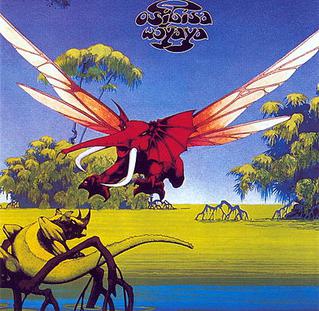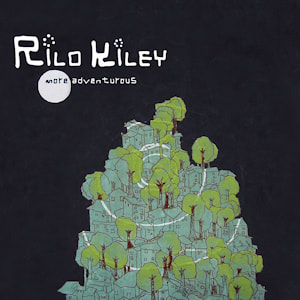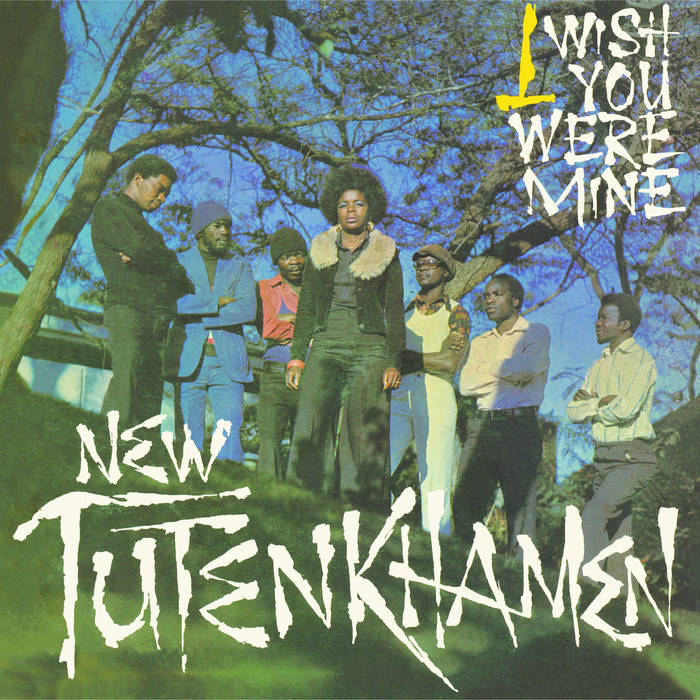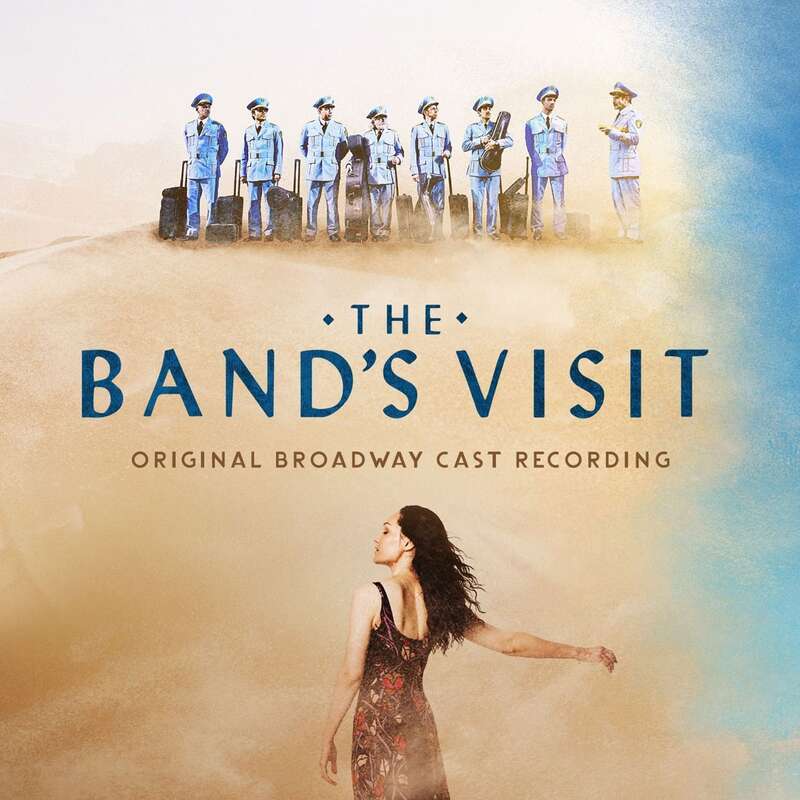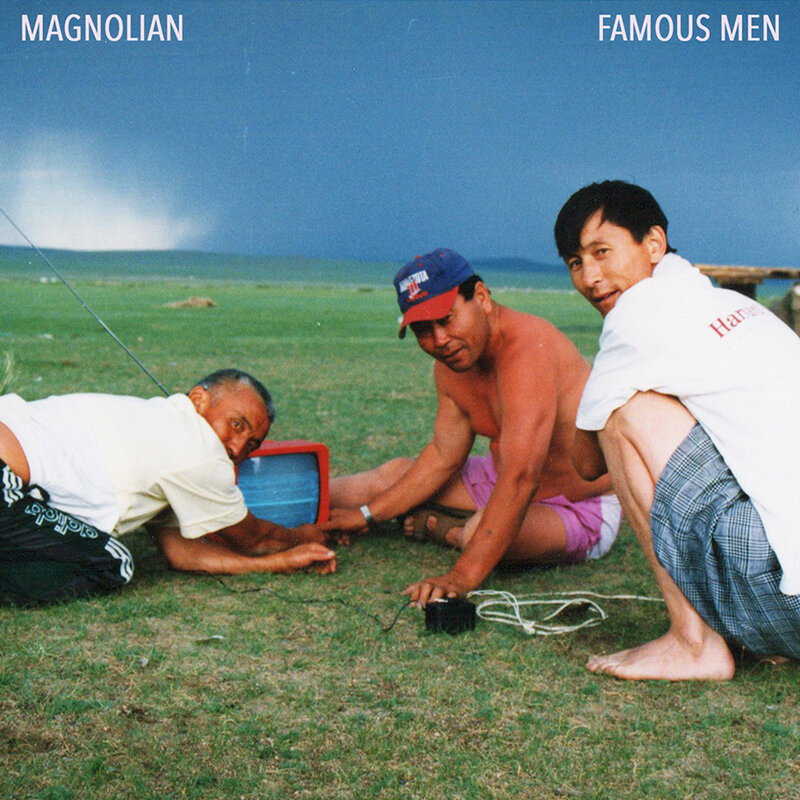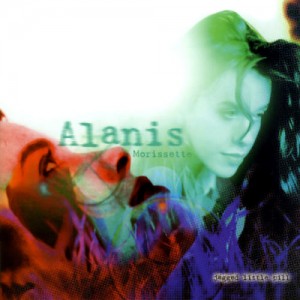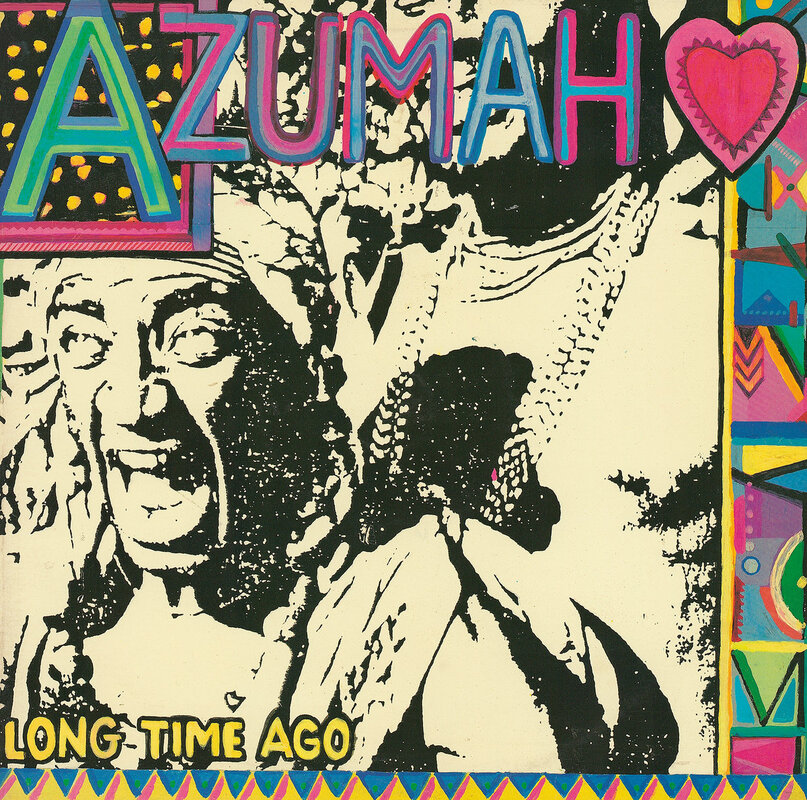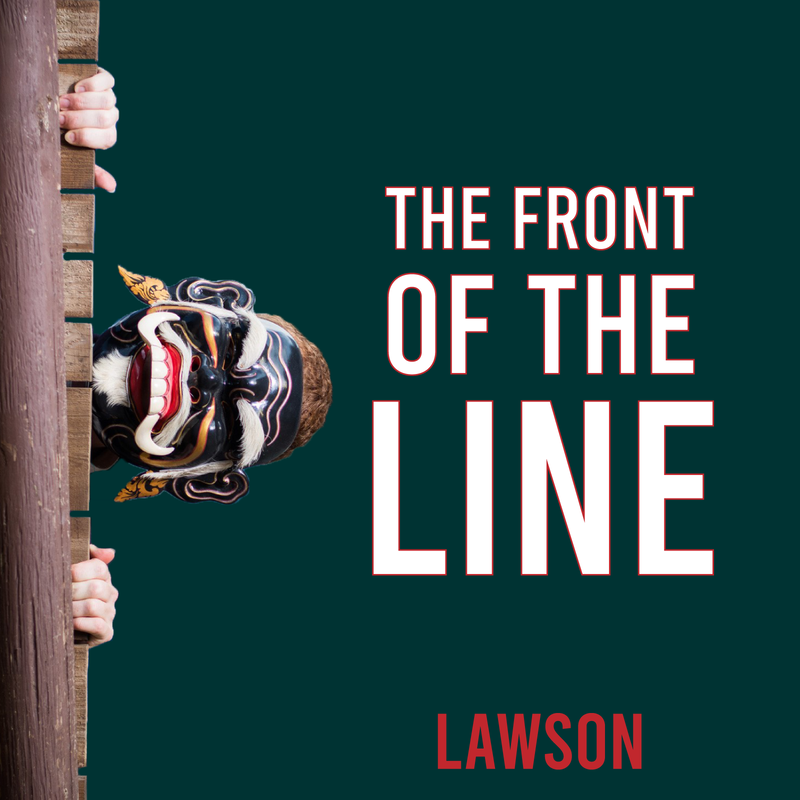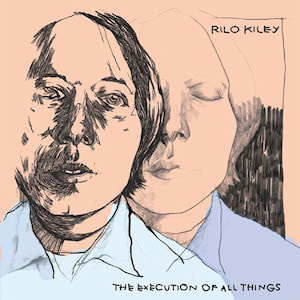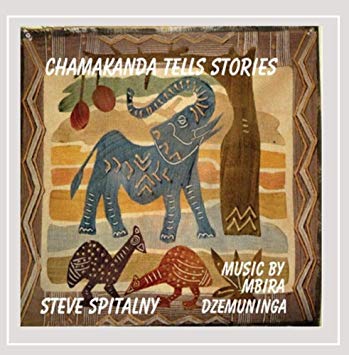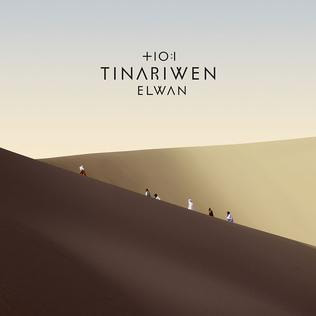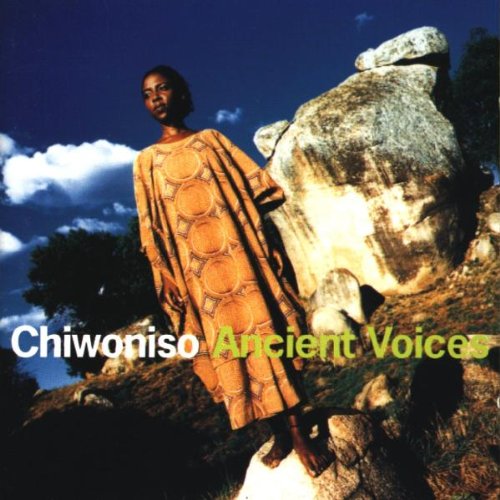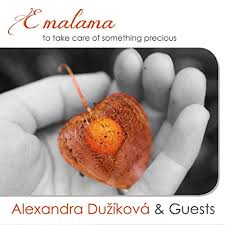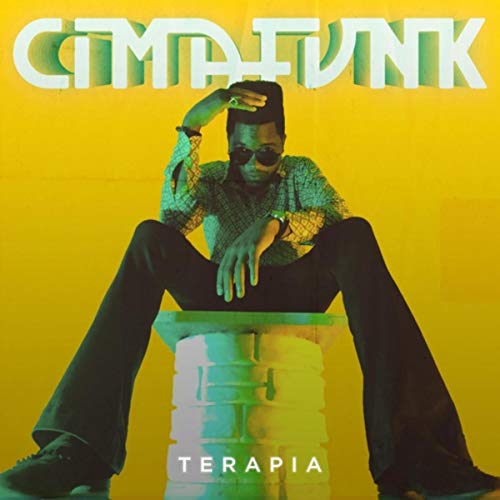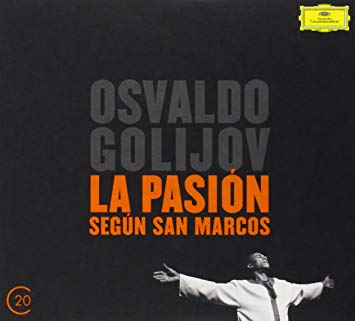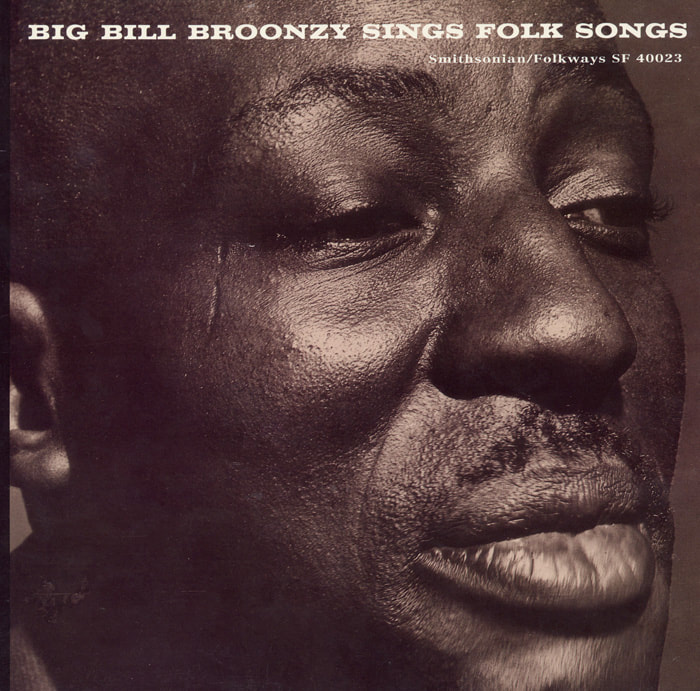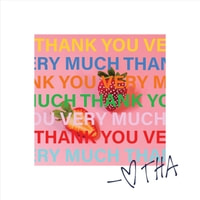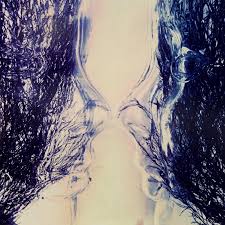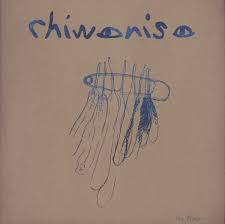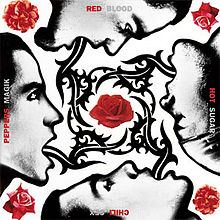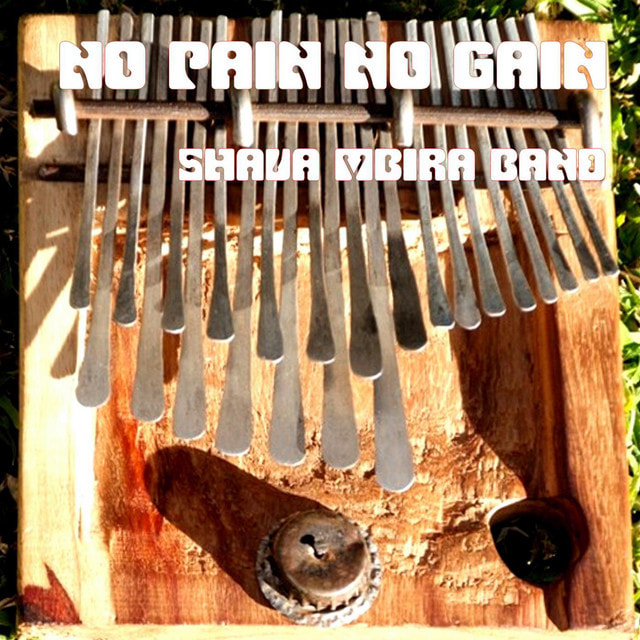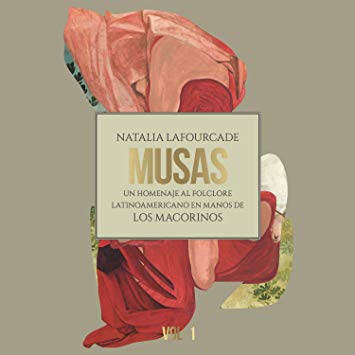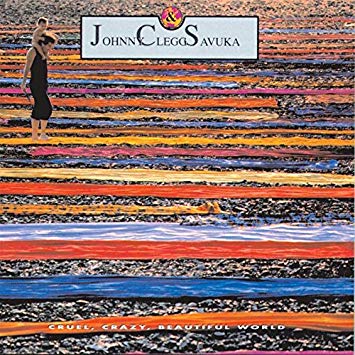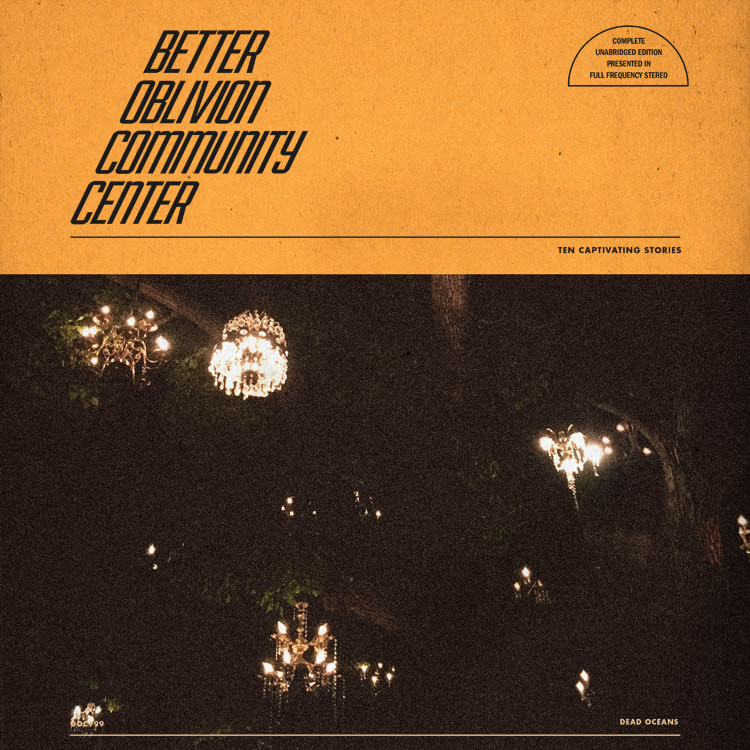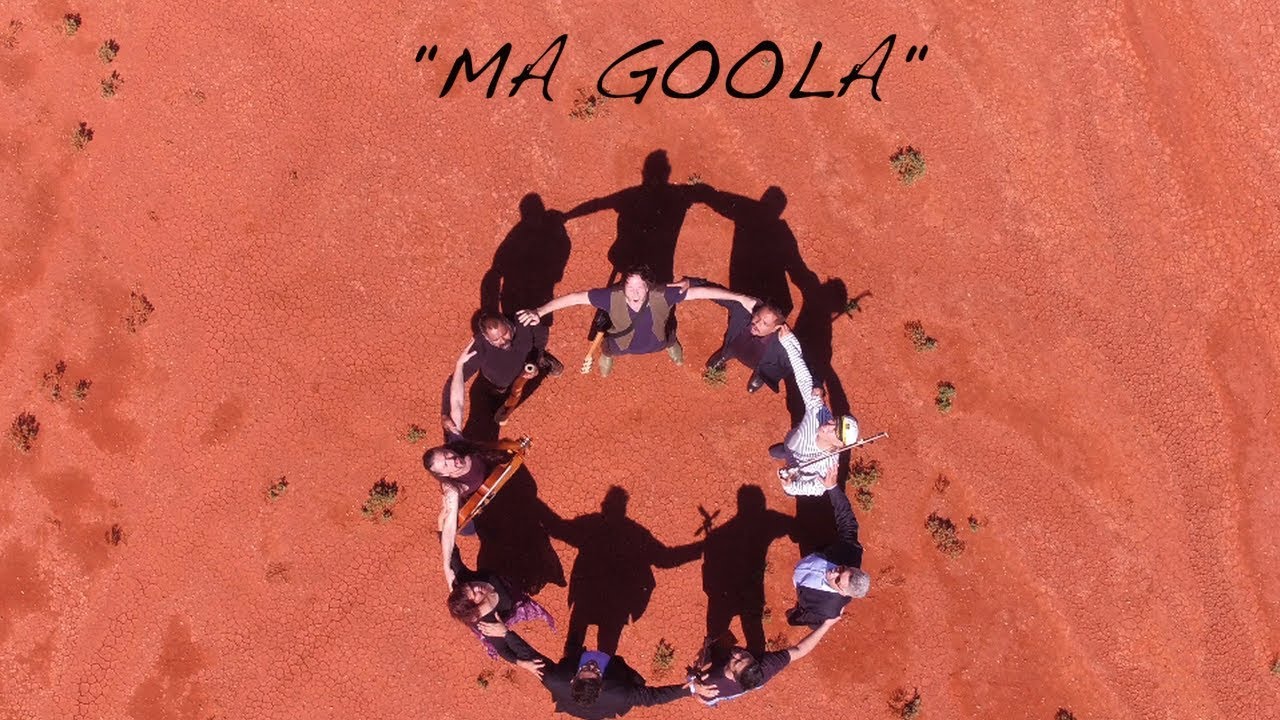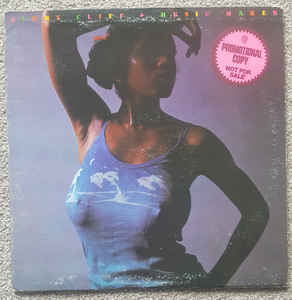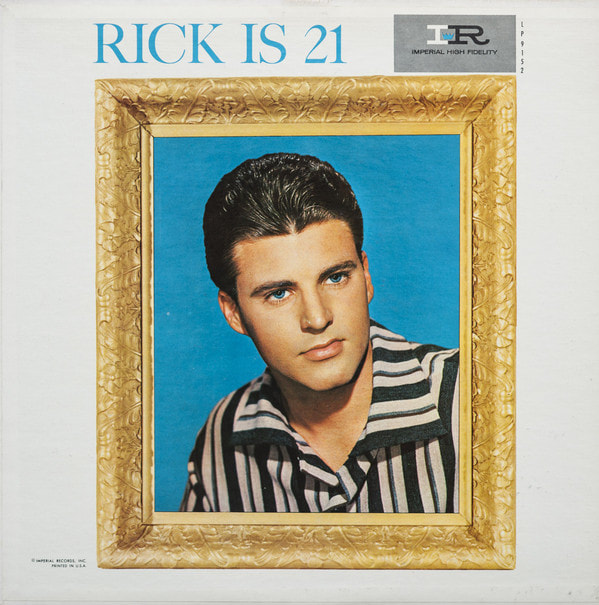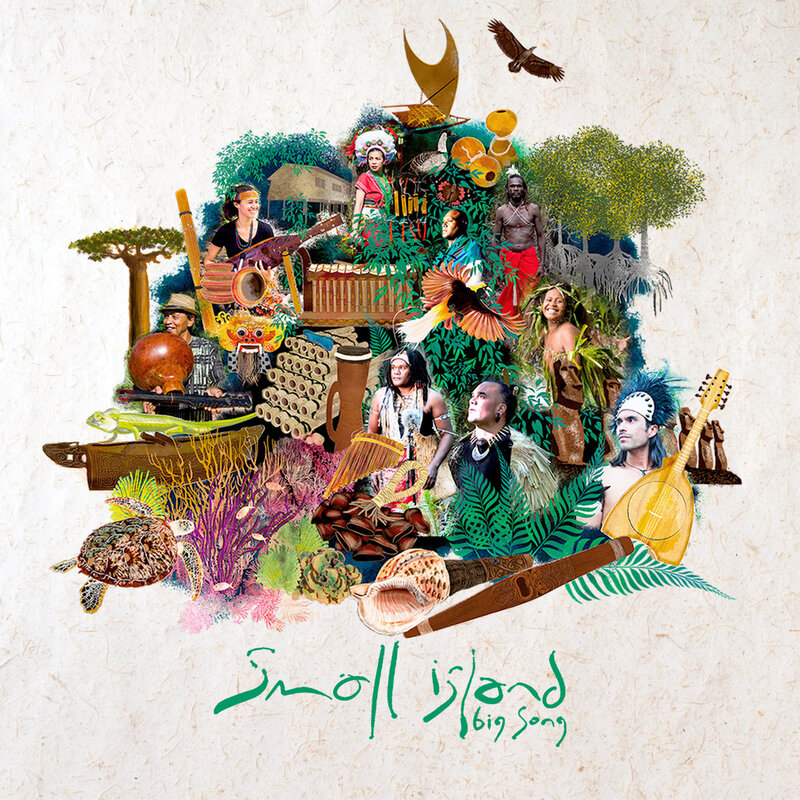Well there isn't one right way to appreciate music- it's really a bit different for everyone (like most things) and for every style of music. However, I can say for certain that the goal - the highest level of music appreciation - is when you FEEL it.
What does that mean? How do I know when I'm feeling it? Well that's different for everyone too, but I can say for me, I know I'm feeling a chart when it moves me. When it LITERALLY makes me move. When I can't help but sway, or pulsate, or straight-up (down?) drop it to the floor and bounce back up like a swan depositing its body in the earth before soaring higher as but a soul, one with the rhythm and the music of nature. So you might then say, "You only feel fast and pumpin-jumpin music then, eh?" (it seems you're Canadian). No - I feel all of my favorite types of music to pretty much the same degree.
My favorite types, for reference, range from Art Music (music, like all things, sits on a spectrum ranging from works created purely for emotional, spiritual, or whatever kind of release for the artist, art for art's sake: Art Music, to music purely created to make money: I call it Commercial Music) [art music...] of all sorts - orchestral symphonies, operas, marimba solos, gospel songs, guqin ballads, all speak strongly. But they all speak in their own way. Symphonies and operas speak through patience - the idea of "development" that is so critical to Sonata Form is, to sum it up in a very simple and certainly not entirely accurate way, the point of classical music. The composers back in the day flexed by taking longer and more complex routes from theme to sonic wilderness and back to theme again. The return of the theme (relatable to a chorus/refrain/hook) is like returning home after a long journey. It's like the scene towards to end of the Lord of the Rings film trilogy, when Sam and Frodo and co. finally return to Hobbiton after months of hardship, life-endangering adventures, and much tragedy. This is one of the most moving moments of the series - and the return of the theme (king?) in a Symphony is analogous. Sometimes, classical music takes a different route. Famed "quiet endings" where pieces end in a whisper rather than a triumphant roar could be said to tell a similar tale to the actual final scene of the trilogy, when Frodo goes "into the West", a metaphor for his death after fulfilling his purpose in life. These moments would not be as meaningful if each film, and the trilogy as a whole, had not been so drawn-out. The time it takes to watch delivers weariness to the audience, bringing them closer to the characters in the story, making them more relatable, and creating a greater cathartic effect when our Hobbit friends, who we have been on an unexpectedly long journey with, finally make it home. Folks often say operas are too long - in response I say this - some of them are. Some of them do not effectively communicate a message or feeling with a proper balance of clarity and complexity, they haven't mastered "profound simplicity". These are called "bad operas". Just like rap songs, there are bad operas, bad symphonies, bad jumbo shrimp. No genre is perfect - people who say so are often insecure about their preferred genre, and compensate by making wild claims of musical purity. But as there are bad operas, there are also good ones - shows that find the perfect balance between European humor and universal, meaningful, life lessons, between exploding the moment and efficiency, between soft and loud, between beauty and grotesque. If you can grow your attention span to survive these, and continue analyzing them throughout, you will have an incredible experience. All it takes is some patience practice.
On the flip side - I love music that is constantly quick and effluences energy. Music that makes me dance like (recently) the tunes of St. Paul and the Broken Bones, like a fast and furious tribal chant, or like good old rock n' roll. This music can get you into a fervor (ever seen someone going too crazy in church? This is a leftover of the prehistoric past when music was almost solely used to bring people closer to their deities - literally to put them into a trance. The crazy-church-goers are, according to all visual cues, really feeling it). This music can get you excited much quicker than symphonic music or operas can, because they use different, much louder instruments (when the instruments themselves are not louder, they are often put in a smaller or more resonant space to make the sound more dense). After installing your earplugs at your next bluegrass concert, pay attention to physically feeling the music - feel the pulse of the bass and bass drum in your feet and your chest, the strain of the high notes on your skull. With the right combination of chemicals imbibed, you may end up pushing yourself into a literal trance.
As this apparent thesis grows longer and longer, the need to summarize becomes apparent. To be clear and concise, to really appreciate music, you must feel the music. This comes from a combination of the music being so damn good that its hard not to feel it, and yourself becoming a part of the music. As I mentioned with opera, sometimes you must be constantly thinking about what you are hearing, rather than simply letting the sound waves smack you and float on past. Other times, with solid soul like St. Paul and the Broken Bones, you need to get your feet tapping, legs shaking, put your hands in the air, and let loose. All of this essentially says: participate. Or, active listening.
Music will not bestow great wisdom or great feeling on you, unless you put forth an effort of your own. It doesn't take extensive training, or background knowledge - it really just takes openness, patience, and a desire to be filled with sound. AND, when you are participating in the music, by swaying, singing along, dancing, silently monitoring modal progress in your head, or whatever, you become part of something greater than yourself. THAT, is the point of ALL music, since the first ape-man people clapped their hands together in response to the frogs and crickets, rustling leaves, and rumbling rivers that, if you listen closely, still astound the aural senses today.
What does that mean? How do I know when I'm feeling it? Well that's different for everyone too, but I can say for me, I know I'm feeling a chart when it moves me. When it LITERALLY makes me move. When I can't help but sway, or pulsate, or straight-up (down?) drop it to the floor and bounce back up like a swan depositing its body in the earth before soaring higher as but a soul, one with the rhythm and the music of nature. So you might then say, "You only feel fast and pumpin-jumpin music then, eh?" (it seems you're Canadian). No - I feel all of my favorite types of music to pretty much the same degree.
My favorite types, for reference, range from Art Music (music, like all things, sits on a spectrum ranging from works created purely for emotional, spiritual, or whatever kind of release for the artist, art for art's sake: Art Music, to music purely created to make money: I call it Commercial Music) [art music...] of all sorts - orchestral symphonies, operas, marimba solos, gospel songs, guqin ballads, all speak strongly. But they all speak in their own way. Symphonies and operas speak through patience - the idea of "development" that is so critical to Sonata Form is, to sum it up in a very simple and certainly not entirely accurate way, the point of classical music. The composers back in the day flexed by taking longer and more complex routes from theme to sonic wilderness and back to theme again. The return of the theme (relatable to a chorus/refrain/hook) is like returning home after a long journey. It's like the scene towards to end of the Lord of the Rings film trilogy, when Sam and Frodo and co. finally return to Hobbiton after months of hardship, life-endangering adventures, and much tragedy. This is one of the most moving moments of the series - and the return of the theme (king?) in a Symphony is analogous. Sometimes, classical music takes a different route. Famed "quiet endings" where pieces end in a whisper rather than a triumphant roar could be said to tell a similar tale to the actual final scene of the trilogy, when Frodo goes "into the West", a metaphor for his death after fulfilling his purpose in life. These moments would not be as meaningful if each film, and the trilogy as a whole, had not been so drawn-out. The time it takes to watch delivers weariness to the audience, bringing them closer to the characters in the story, making them more relatable, and creating a greater cathartic effect when our Hobbit friends, who we have been on an unexpectedly long journey with, finally make it home. Folks often say operas are too long - in response I say this - some of them are. Some of them do not effectively communicate a message or feeling with a proper balance of clarity and complexity, they haven't mastered "profound simplicity". These are called "bad operas". Just like rap songs, there are bad operas, bad symphonies, bad jumbo shrimp. No genre is perfect - people who say so are often insecure about their preferred genre, and compensate by making wild claims of musical purity. But as there are bad operas, there are also good ones - shows that find the perfect balance between European humor and universal, meaningful, life lessons, between exploding the moment and efficiency, between soft and loud, between beauty and grotesque. If you can grow your attention span to survive these, and continue analyzing them throughout, you will have an incredible experience. All it takes is some patience practice.
On the flip side - I love music that is constantly quick and effluences energy. Music that makes me dance like (recently) the tunes of St. Paul and the Broken Bones, like a fast and furious tribal chant, or like good old rock n' roll. This music can get you into a fervor (ever seen someone going too crazy in church? This is a leftover of the prehistoric past when music was almost solely used to bring people closer to their deities - literally to put them into a trance. The crazy-church-goers are, according to all visual cues, really feeling it). This music can get you excited much quicker than symphonic music or operas can, because they use different, much louder instruments (when the instruments themselves are not louder, they are often put in a smaller or more resonant space to make the sound more dense). After installing your earplugs at your next bluegrass concert, pay attention to physically feeling the music - feel the pulse of the bass and bass drum in your feet and your chest, the strain of the high notes on your skull. With the right combination of chemicals imbibed, you may end up pushing yourself into a literal trance.
As this apparent thesis grows longer and longer, the need to summarize becomes apparent. To be clear and concise, to really appreciate music, you must feel the music. This comes from a combination of the music being so damn good that its hard not to feel it, and yourself becoming a part of the music. As I mentioned with opera, sometimes you must be constantly thinking about what you are hearing, rather than simply letting the sound waves smack you and float on past. Other times, with solid soul like St. Paul and the Broken Bones, you need to get your feet tapping, legs shaking, put your hands in the air, and let loose. All of this essentially says: participate. Or, active listening.
Music will not bestow great wisdom or great feeling on you, unless you put forth an effort of your own. It doesn't take extensive training, or background knowledge - it really just takes openness, patience, and a desire to be filled with sound. AND, when you are participating in the music, by swaying, singing along, dancing, silently monitoring modal progress in your head, or whatever, you become part of something greater than yourself. THAT, is the point of ALL music, since the first ape-man people clapped their hands together in response to the frogs and crickets, rustling leaves, and rumbling rivers that, if you listen closely, still astound the aural senses today.
